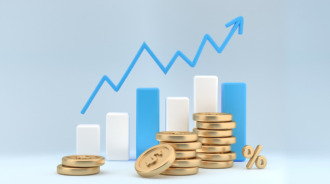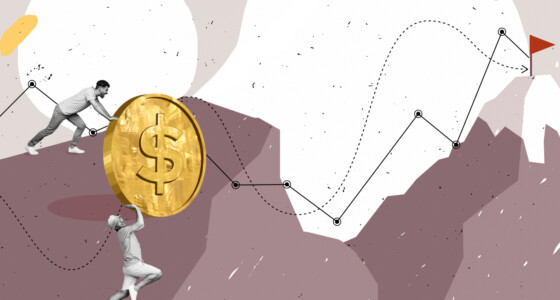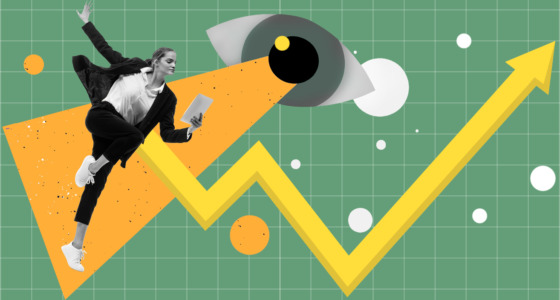

Traders are used to focusing on internal elements of a specific market. However, there are broader factors that affect financial markets. They make up the macro environment. The macro environment includes various aspects, but economic metrics and political issues are the most popular. Is it unclear how they can affect a single currency pair or shares of a company? Let’s learn more about all the macro environment has to offer in trading.
Why is the macro environment important?
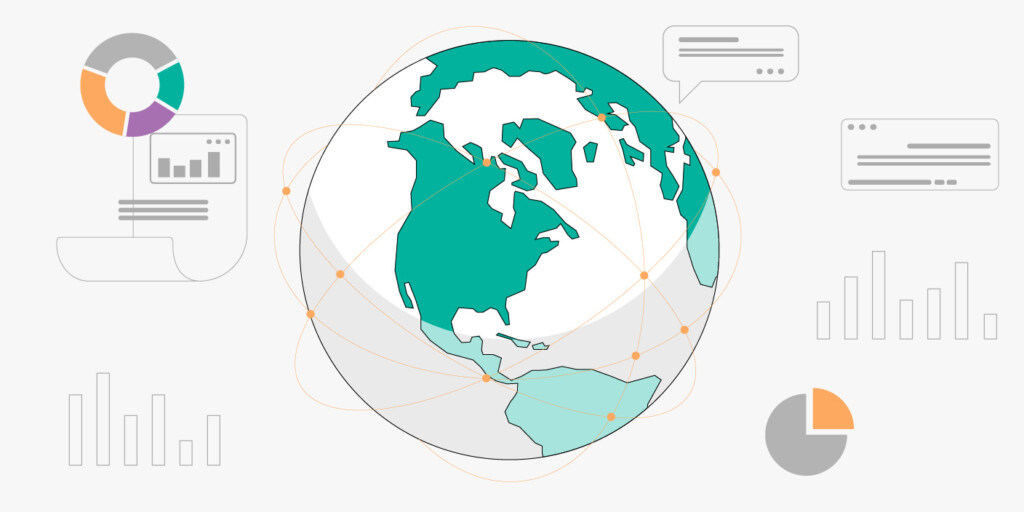
The macro environment is one of the concepts fundamental analysis traders like to consider.
Interestingly enough, the foundation of fundamental analysis was laid only in 1934. It may answer the question of why only 20% of traders use fundamental analysis. Still, it doesn’t mean the macro environment shouldn’t be considered when trading.
The example below will explain why.
China is the largest world consumer. Even if the country announces a slower growth of the economy, numerous financial markets will react. Slower growth will negatively affect the performance of businesses and people and their purchasing power.
If China, as the largest consumer in the world, can’t purchase goods and services in the same amount, it will lead to a reduction in sales of the companies that target the Chinese market. As the first reaction, stocks of such companies will likely plunge. A rising economy attracts businesses that contribute to the economy and cause domestic currency appreciation. If China signals a weakness in its economy, the Chinese yuan may decline against the US dollar and lead to increased market volatility. Also, such conditions will affect the domestic stock market and lead to a plunge in stock market indexes.
What metrics should you consider
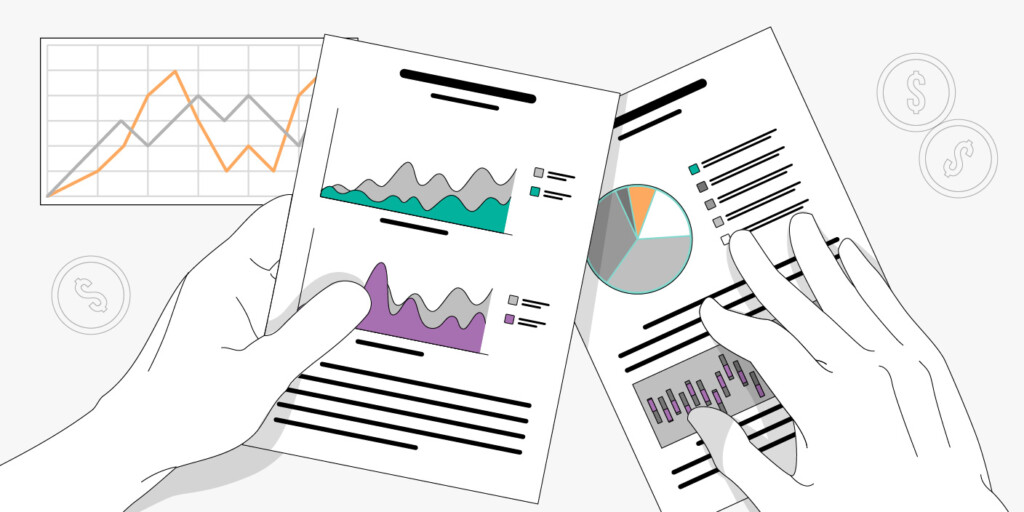
Traders should follow major economic events from the economic calendar and global political news to evaluate the macro environment.
Economic metrics
The most common economic metrics include the following:
- Inflation. Inflation can be considered the essential metric along with the central bank’s monetary policy. It determines the purchasing power of the country’s domestic currency and is considered by the country’s central bank when setting the monetary policy.
- Monetary policy. Traders consider central bank monetary policy releases as they reflect the strength of the domestic economy. A central bank has numerous tools to maintain economic health, but the most important are interest rates and access to credit. A tight monetary policy leads to domestic currency depreciation due to more expensive and less affordable borrowings.
- Employment. Traders closely watch this metric as it reflects the health of the economy. A low unemployment rate signals the country has the power to develop its economy.
- Gross Domestic Product or GDP. It measures the output and production of goods and services of a particular country.
- Consumer spending. Another factor that traders can take into consideration is consumer spending. Usually, a slow growth or decline in this metric signals a decrease in aggregate demand. This can be a sign of downturns in the economy and even recessions.
Politics

Global political conditions are vital when dealing with financial markets. Aside from simple events like presidential elections, there are more complex events such as political tensions. If one of the conflict sides is a vital producer or consumer of certain goods, the conflict will cause increased volatility in the markets. For instance, if there is a conflict between countries, all or even one of which is an oil producer, there will be enormous turbulence in the oil market and in the stock markets of the companies that deal with the oil.

Final thoughts
All the above factors make up the macro environment affecting financial markets. It’s vital to understand that the degree of their influence on a particular asset depends on how much it relates to certain countries. One main challenge is identifying whether an event can cause increased volatility in a specific market or has no impact on it. This can be done through comprehensive analysis and constant learning.
Sources:
Macro Environment: What It Means in Economics, and Key Factors, Investopedia
Macro Environment, CFI
